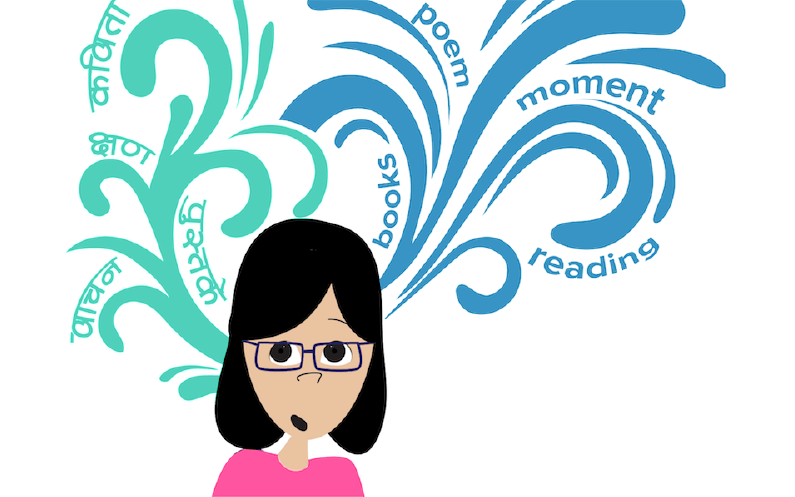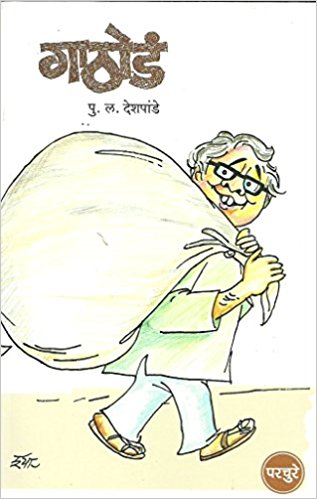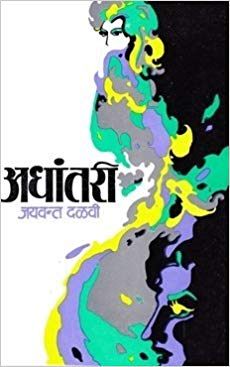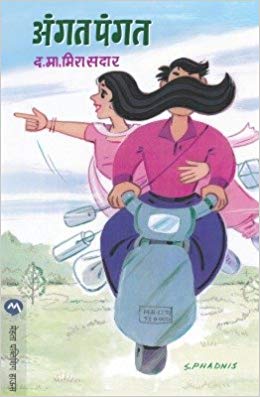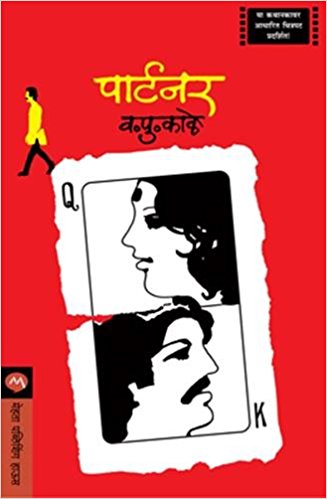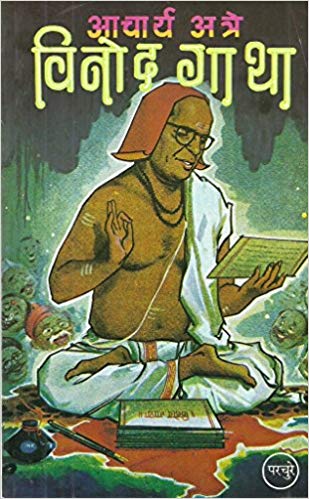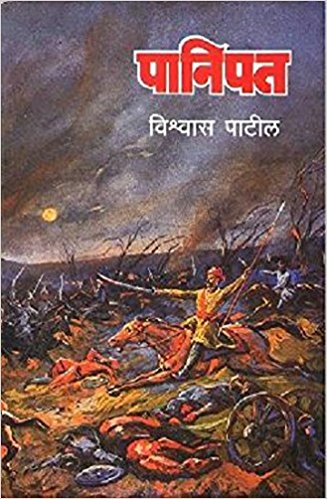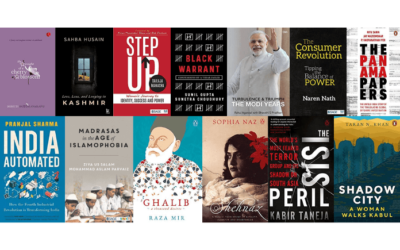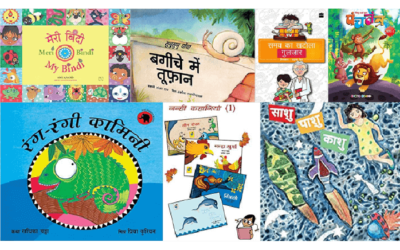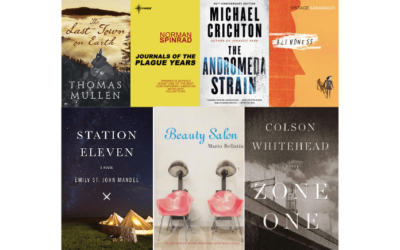The Joy And Peril Of Being Bilingual

Sayali Palekar
July 27, 2018
“Okay, this.” She saw me frowning at the circled moment. “I know you’re Marathi so you probably don’t know this. This is moe-ment. Mow-ment. Not moo-ment.” And then, quickly moving to the margin, she wrote the word in Devanagari for me: an “oh” attached to the “ma,” unequivocally creating the desired moe. The short bar drawn on top to complete the syllable suddenly seemed heavy. I was quick to nod, repeating the word to myself. All the impulsive quips that rose up in my defence – should morning then be pronounced mourning? Should an extra o be added to move? – were intentionally ignored by me. For many months, the discarded foolscap with these markings and corrections kept appearing amidst notebooks, assuming the shape of a deformed paper plane at the bottom of my bag. Every once in a while, I glanced at the Devanagari moment, reminded of the agonising correlation my teacher had drawn between the two languages I enjoyed the most. I am Marathi, which is why I don’t know English well. All I can surmise now is that I was a child and this upset me. At the time, the leaden Manderley gates to foreign languages were secure in their dust and invisibility, and it was only this foreign(?) but familiar(?) language, English, that took up all my energies. Was I not bilingual?
(Artwork by Nimisha Todi)
_________________
I went off to college. As the deadline to declare my major approached, I was left repeatedly frowning. It seemed as if my choice should be crystal clear to me. My major – out of all the majors on offer – had to be English. And English it was. But later on in that semester, as I took a course on translation and Indian literature, I entertained all sorts of doubts. What was I going to accomplish by studying English? The problem wasn’t so much a question of professional prospects as one of matching interest with existence. It was important to me that I could bring myself into that which I would study. Funnily and predictably enough, I knew neither what I meant by “myself” nor by “that which I would study.”
Studying English literature implied preparing yourself for endless acts of rereading and unreading, going back to beloved texts to spot the bigotry. It also meant an introduction of and irreversible intoxication by literary theory. But all of this additionally meant, for me, an inability to keep translating my life into Marathi. This was when I tried explaining to my family what I was studying. They knew I was reading books, they knew I was reading poems. But what could I tell them about the theory that thrilled me every day, what could I tell them about Jacques Lacan’s formulation of the mirror stage? It made me laugh one morning as I sat in class and it struck me that there is no word in spoken Marathi for sexuality. There may occur a term somewhere in some textbook, but when we speak, we never have a word. We never have such words.
The semester ended, and then did the other semesters. Questions of communication – frequently called problems – came and went, and each time I would quietly chuckle and remember a particularly vicious line in Freud or an insight-induced bout of laughter from class. Every other day the untranslatability of a pun would hit me fondly in the face. The intimacy that came, however, whenever a bilingual joke exchanged hands was a unique one. In New Delhi, a city filled with Hindi and Bengali people, I realised for the first time the staggering specificity of the bilingual pang. It was not enough to acknowledge linguistic difference, to want to associate by virtue of being multilingual. Everything worth holding on to was left in the details, and compelled by this, I started looking at Marathi less as an example of bilingualism and more as bilingualism itself, for me. To my eyes and ears and brain.
I graduated and went back home, and was greeted – amongst other things – by my father’s bookshelf. The leaning spines, like the person they belonged to, had always been there, but unlike the person, were not acknowledged. Deshpande, Dalvi, Mirasdar, Kale, Atre, Patil- I was slow to begin reading them, and to this day I haven’t stopped beginning.

Sayali was born in Bombay and is a student of English and German. Her chief interest lies in finding out if words are ever enough. She can be reached at palekarsayali@gmail.com.

